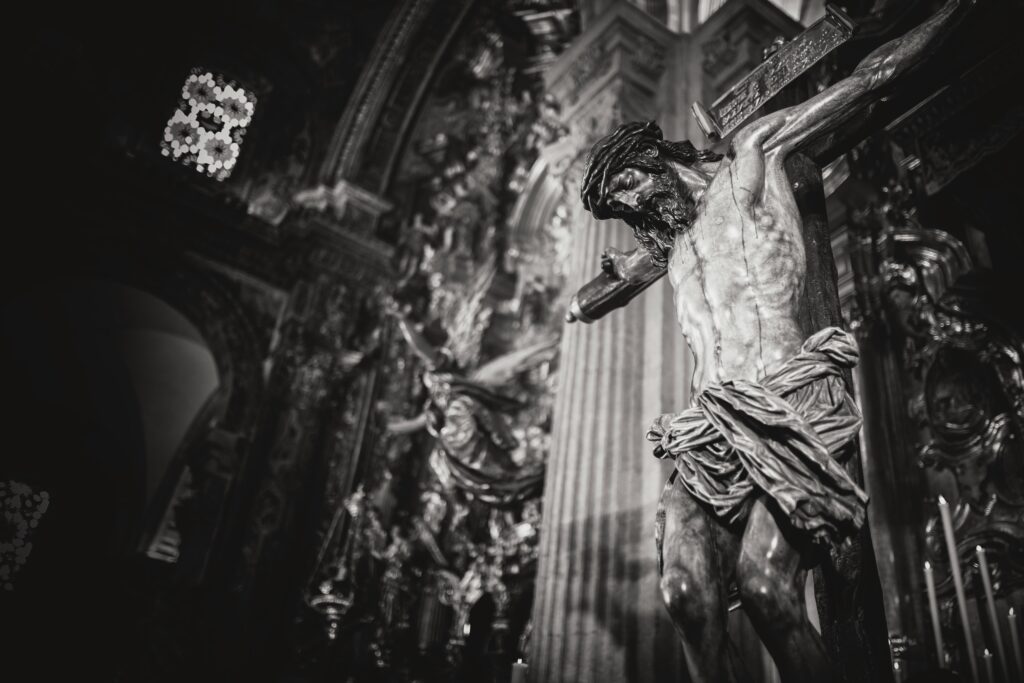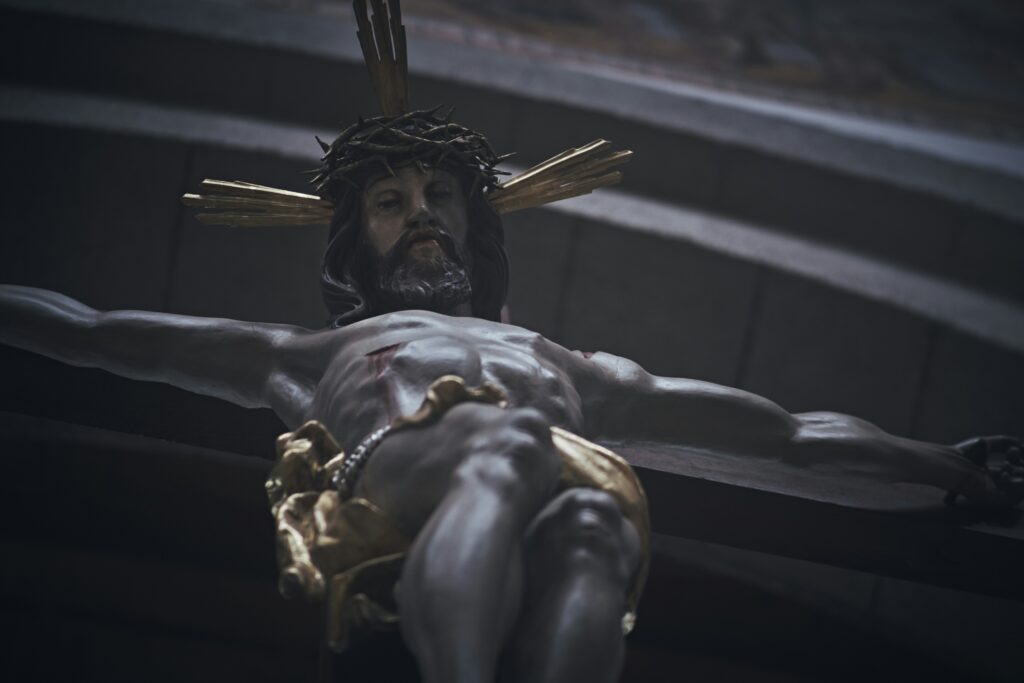Cardinal Arizmendi: The Necessary Reforms
Don't just demand that others change; analyze what you should change first

Cardinal Felipe Arizmendi, bishop emeritus of San Cristóbal de Las Casas and responsible for the Doctrine of the Faith at the Conference of the Mexican Episcopate (CEM), offers Exaudi readers his weekly article titled “The Necessary Reforms.”
***
LOOK
Nature itself renews itself: in winter everything dries up, in spring it greens up, matures in summer, and is harvested in autumn. We change, not only in physical and psychological age but in many aspects. We renew our houses and our clothes; we improve our communication systems. When we want to live more happily as a family, we change our character, we leave negative attitudes, we commit to improving some aspects, and we stop excesses in intoxicating drinks. Whoever wants to change nothing, perhaps it is because of his pride in always believing himself to be perfect in everything, or he does not want to lose his undue privileges.
In our Church, which is holy and sinful, we are always in a process of purification. This has been the case throughout its history. The reform promoted by Luther had many demands for change in the Catholic Church, and rightly so, although it was later diverted due to doctrinal issues. The Second Vatican Council, from 1962 to 1965, promoted by John XXIII and continued by Paul VI, encouraged us to transform many things that were not so faithful to the project of Jesus and the needs of current times. Subsequent popes, John Paul I, John Paul II, Benedict XVI and Francis, have continued this permanent process of renewal. Since John Paul II, a reform in the way of living the Pope’s service is intensifying; Francis has insisted on this, and is demonstrating it with his lifestyle and his drive for synodality.
Civil institutions in the legislative, judicial, executive and fiscal fields, both at the federal and state levels, are not perfect and immovable, but rather subject to the changes that the times demand. All citizens have the right to give our word on the matter, when prudent and possible. If the judicial, legislative, or whatever power has to be reformed, I hope that the voices of free and wise people are heard, who are not subject only to the whim of the supreme power, but who contribute their proposals and these are taken into account.account. If it is demanded that not a single comma be changed in the proposal of the Executive in power, that is not democracy, even though the people are mentioned a lot, but rather gross demagoguery or dictatorship.
DISCERN
Jesus’ first preaching, according to Mark, is: “The time is fulfilled, the Kingdom of God is coming: repent and believe in the Good News” (1:15). The behavior that he most disapproves of is that of the Pharisee, who only judges others and does not recognize his own sin (cf Luke 18:9-14). The apostle John warns: If we say, ‘we have no sin,’ we deceive ourselves and the truth is not in us. But if we confess our sins, God, who is faithful and just, will forgive our sins and purify us from all unrighteousness. If we say ‘we have never sinned’, we make God appear to be a liar, and his Word is not in us (1 Jn 1:8-10). For this reason, every day we begin Mass saying: “I confess that I have sinned greatly, in thought, word, deed and omission.”
The Second Vatican Council, in its Constitution on the Church, says: “While Christ, holy, innocent, immaculate, did not know sin, but came only to atone for the sins of the people, the Church encloses sinners within its own bosom, and being at the same time holy and in need of purification, she continually advances along the path of penitence and renewal” (LG 8).
Pope Francis, in his exhortation Evangelii Gaudium, tells us: “I hope that all communities will try to provide the necessary means to advance on the path of a pastoral and missionary conversion, which cannot leave things as they are. There are ecclesiastical structures that can condition an evangelizing dynamism. Without new life and authentic evangelical spirit, without fidelity of the Church to its own vocation, any new structure becomes corrupted in a short time.
I dream of a missionary option capable of transforming everything, so that customs, styles, schedules, language and every ecclesial structure become an adequate channel for the evangelization of today’s world more than for self-preservation. The reform of structures that pastoral conversion requires can only be understood in this sense: ensuring that all of them become more missionary, that ordinary pastoral care in all its instances is more expansive and open, that places pastoral agents in a constant attitude of departure, and thus favor the positive response of all those whom Jesus calls to his friendship” (EG 25-27).
The Mexican episcopate, in the Global Pastoral Project 2031+2033, says: “We believe that pastoral conversion in our Church, which must be based on a solid Christological, ecclesial and Guadalupana spirituality, passes first through the Bishops and then through the presbytery. Therefore, we propose to be those outgoing shepherds, capable of dialogue with the world. We feel called to serve, in communion with the entire Church, mainly in the most lacerating and pressing realities, and, above all, to make present the demands of the Gospel in favor of the construction of the Kingdom of God, that is, of a more humanity humane, fair and supportive. A humanity under the sign of Redemption” (PGP 146).
ACT
If you want there to be peace, harmony, justice and solidarity around you, in your family, your school, your work, your community, don’t just demand that others change; analyze what you should change first. And if something needs to change at the political, economic, sports, judicial, legislative, etc. level, make proposals and fight so that everything is better for everyone.
Related

“Praying is an immense privilege”
José Miguel Ponce
17 April, 2025
3 min

Cardinal Felipe Arizmendi: Jesus Continues to Suffer
Felipe Arizmendi
17 April, 2025
4 min

The classics educate in humanity
Francisco Bobadilla
16 April, 2025
3 min

Words That Illuminate Our Crosses
Mario J. Paredes
16 April, 2025
6 min
 (EN)
(EN)
 (ES)
(ES)
 (IT)
(IT)

